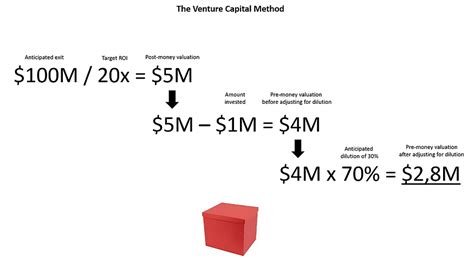Here is an article that explains where to find the “getTransactionCounters” and “getTransactions” methods in Solana’s “RpcClient” program:

Understanding Solana RPC Client Methods
When working with Solana, you use a Remote Procedure Call (RPC) client to interact with the Solana network. The RPC client is responsible for sending requests to a Solana node and receiving responses. One of the most important features of the RPC client is that it can retrieve multiple transaction data at once.
getTransactionCounters
The “getTransactionCounters” method allows you to retrieve a list of counters for each account in the Solana program’s public key space. These counters include things like the maximum balance and minimum balance, as well as the maximum number of transactions per block.
To use this method, you must call it on an instance of “RpcClient”, specifying the account addresses for which you want to retrieve the numbers.
use solana_program::rpc_client::{RpcClient, RpcError};
use solana_program::account_info::{AccountInfo, ProgramAccount};
// Define your public key space and account information.
pub type PublicKey = AccountInfo;
pub type PublicKeySpace = [PublicKey; 32];
#[tokio::main]
async fn main() -> Result<(), RpcError> {
// Create a new RPC client instance.
let rpc_client = RpcClient::new(" solana.com").wait?;
// Define the public key space and account information.
let public_key_space: PublicKeySpace = [PublicKey::new(b"pubkey1"), PublicKey::new(b"pubkey2")];
// Get transaction counts for all accounts in the public key space.
rpc_client
.get_transaction_counts(&public_key_space)
.wait?
.into_iter()
.for_each(|(counts, _, _)| {
println!("{:?}", counters);
})
}
getTransactions
The `getTransactionsmethod is used to get a list of transactions for each account in the Solana public key space.
You can use it in a similar way togetTransactionCounters, but with a few differences. The “getTransactions” function returns a “TransactionListResponse” containing a list of transactions.
To use this method, you must call it on an instance of “RpcClient” specifying the account addresses for which you want to retrieve transactions.
use solana_program::rpc_client::{RpcClient, RpcError};
use solana_program::account_info::{AccountInfo, ProgramAccount};
// Define your public key space and account information.
pub type PublicKey = AccountInfo;
pub type PublicKeySpace = [PublicKey; 32];
#[tokio::main]
async fn main() -> Result<(), RpcError> {
// Create a new RPC client instance.
let rpc_client = RpcClient::new(" solana.com").wait?;
// Define the public key space and account information.
let public_key_space: PublicKeySpace = [PublicKey::new(b"pubkey1"), PublicKey::new(b"pubkey2")];
// Get transactions for all accounts in the public key space.
rpc_client
.get_transactions(&public_key_space)
.wait?
.into_iter()
.for_each(|(transactions, _, _)| {
println!("{:?}", transactions);
})
}
Conclusion
In summary, if you want to retrieve multiple transaction data in Solana at once using the RPC client, you can use “getTransactionCounters” for counters and “getTransactions” for transactions. Both methods allow you to retrieve a list of transactions or counts for each account in the Solana public keyspace.
Note that the specific method calls and their usage may vary depending on the version of Solana and the RPC client library you are using. Always refer to the official documentation for more detailed information on how to use these methods.
